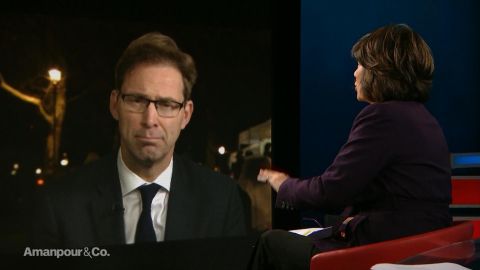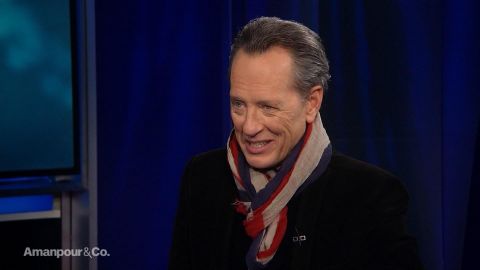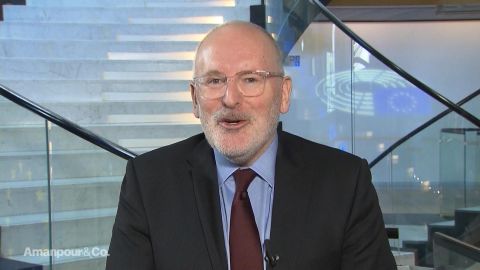Read Transcript EXPAND
CHRISTIANE AMANPOUR: What do you make of it as E.U. negotiators?
FRANS TIMMERMANS: Well, I think what we did, honestly, is negotiate a withdrawal agreement that we thought would be very good because it would limit the damage both to the United Kingdom and the E.U. because there`s going to be damage by — as a consequence of Brexit. So, to see it defeated in Parliament was not really a surprise because we – – you know, the indications were already clear. But still a disappointment because we had hoped that this agreement would help us bring about Brexit without too much damage.
AMANPOUR: I guess what everybody in Britain seems to think, and it seems to be the sort of conventional wisdom here, even in Downing Street, even after this crashing defeat last night, is that — and let me just quote what`s going around, you know, the gist of what Theresa May`s government now wants is the E.U. to “start getting serious,” start understanding that it needs to give something more in exchange for an orderly separation. How does that sit with you?
TIMMERMANS: Well, frankly, we`ve been negotiating for a year-and-a-half in a very serious way. Taking into account the red lines defined by Prime Minister May but also taking into account the interests of the 27 who will remain in the European Union. And I don`t think there`s anybody who wasn`t serious about this, nobody at least on the E.U. side. And I think when we came to a conclusion with the British government, we put on the table a withdrawal agreement that would serve the interests of both E.U. and Britain. Well, now, it`s been voted down in the House of Commons. The onus is not on the E.U., the onus is on Britain and the British government to tell us what they want.
AMANPOUR: They seem to be banking on the fact that this is going to hurt the E.U. as much or at least enough for the E.U. to now give more concessions. Is that even a possibility?
TIMMERMANS: I don`t think that`s the way this is viewed by the governments in the member states. I think we have to be very clear that there`s no willingness in any of the capitals to sort of throw Ireland under the bus. It is very clear that the backstop is a necessary element of the withdrawal agreement. It`s very clear that to safeguard the importance of the Good Friday Agreement, we need to avoid at all costs a hard border in the Island of Ireland. It is also very clear that you can`t pick and choose if you talk about the four freedoms of the European Union. So, there are a number of things that apparently the British government or some British politicians want to talk about. But I think it is important that at the E.U. side, we are very clear about what the limits are of our possibilities. Of course, we will have a discussion. Of course, there is a strong willingness to reach an agreement but there are also limits to what we could do. And I think we have to be crystal clear about that from the outset.




